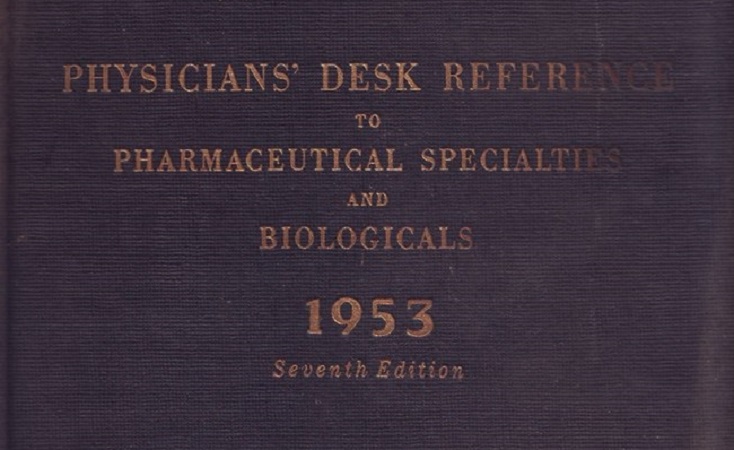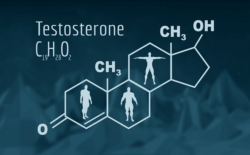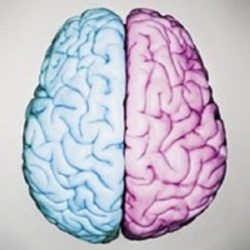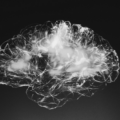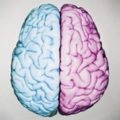Low Testosterone or Low T
Men struggling with low testosterone levels may wonder if testosterone replacement therapy (TRT) is right for them. Is it low T? In this article, we’ll explain the common symptoms of low T and the side effects associated with testosterone cream so you can make a more informed decision about your health.
Symptoms of Low T
Low testosterone levels can cause a wide variety of troubling symptoms in men, including:
- Decreased Sex Drive – A man with low T will often feel his sex drive waning. His desire just isn’t there like it used to be.
- Sexual Dysfunction – Men with declining testosterone levels will often notice a decrease in their sexual function and may experience impotence, loss of feeling, and lack of orgasm.
- Increased Fatigue – Men experiencing low T often complain of fatigue not relieved by regular rest.
- Loss of Initiative – Decreased testosterone levels can also lead to lack of initiative. A man who used to “get things done” now feels no real desire to get up off the couch.
- Depressed Mood – Depression in men is a common sign of low testosterone levels.
- Testicular Shrinkage – Testicular shrinkage is another typical sign of declining testosterone levels.
- Irritability – Men with low T often find themselves less patient and more likely to snap on others than usual.
- Decreased Muscle Mass – Low testosterone can also mean frustration at the gym as it gets harder and harder to build muscle mass.
- “Man Boobs” – Gynecomastia or “man boobs” are another trouble symptom of decreased testosterone.
Causes of Low T
The most common cause of low T in men is aging. As a man reaches his 50th year, his hormone levels begin to decline naturally. Other causes of low testosterone levels include obesity, medications (such as opiates), steroids, testicular injury, chronic inflammatory diseases, infection, and head trauma. Chemotherapy and radiation treatments can also cause low testosterone in men of any age.
What is Testosterone Cream?
Testosterone cream is a low-dose way to deliver small amounts of testosterone into your bloodstream. Some men prefer this method because it absorbs quickly into the skin and results are seen faster.
Health Dangers Associated with Testosterone Cream
Testosterone creams and gels have been taking the market by storm in the past couple of years as a convenient alternative to testosterone injections. Because it comes in an innocuous-looking gel packet and can be used in the privacy of a man’s home, it may look like the perfect solution. However, as with any medication, there are always side effects. Testosterone replacement should not be considered if you have ever had breast or prostate cancer. The side effects of testosterone cream include:
- Acne – Rapid hormonal changes can make men in their 40s and 50s break out like teenagers.
- Allergic Reaction – This could be hives, swelling, shortness of breath, wheezing, breathing difficulties, and itching.
- Liver Damage – Signs of this include yellowing of the skin or eyes.
- Nausea or Vomiting – Testosterone gel often causes gastrointestinal upset even though it bypasses the digestive tract.
- Unexplained Hostility or Rage – A sudden increase in testosterone in the body can produce extreme mood swings. This is especially problematic for men with mental illness or addiction.
- Congestive Heart Failure – Difficulty breathing, weight gain, and fluid retention are signs of congestive heart failure.
- Increase Cholesterol Levels – Testosterone cream can cause your cholesterol levels to rise to dangerous levels.
- Enlarged Prostate – Prostate enlargement, especially in older men, is a concern when using this type of testosterone replacement therapy.
Men using testosterone creams and gel may also notice more minor, everyday side effects such as abnormal dreams, insomnia, watery eyes, and taste changes.
Men looking to do something about their low testosterone levels should first turn to natural methods of boosting testosterone. These tried-and-true techniques have worked for men for millennia before testosterone replacement therapy was ever invented.
Before you choose any type of testosterone replacement therapy, it is important to consult your healthcare provider and understand the risks. Just because it is easy to apply and you can do it from your own home, doesn’t mean is necessarily the right option for you.
Lucine Medical Disclaimer: All material on this website is provided for your information only and may not be construed as, nor should it be a substitute for, professional medical advice. To read more about our health policy, see our Terms of Use.


